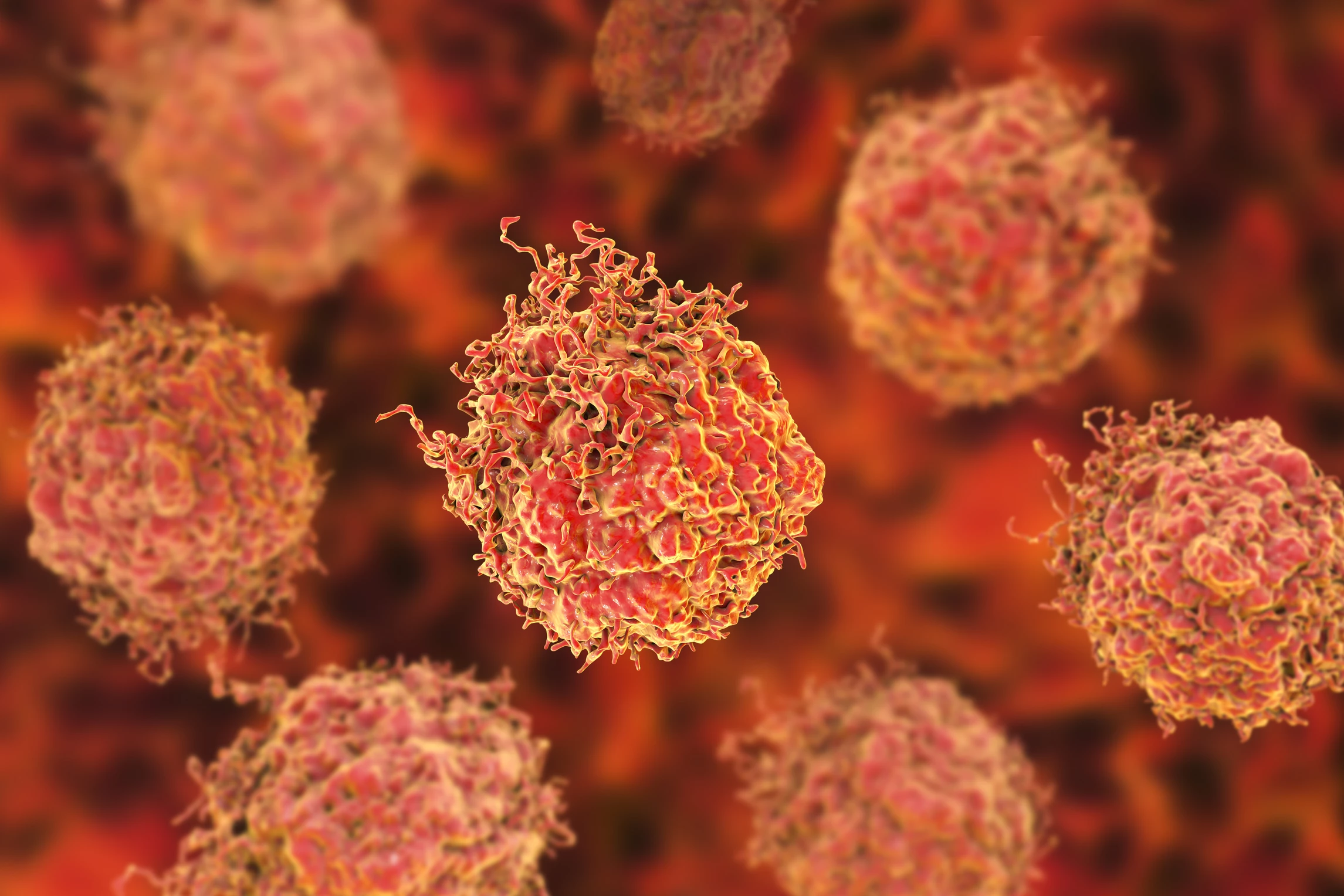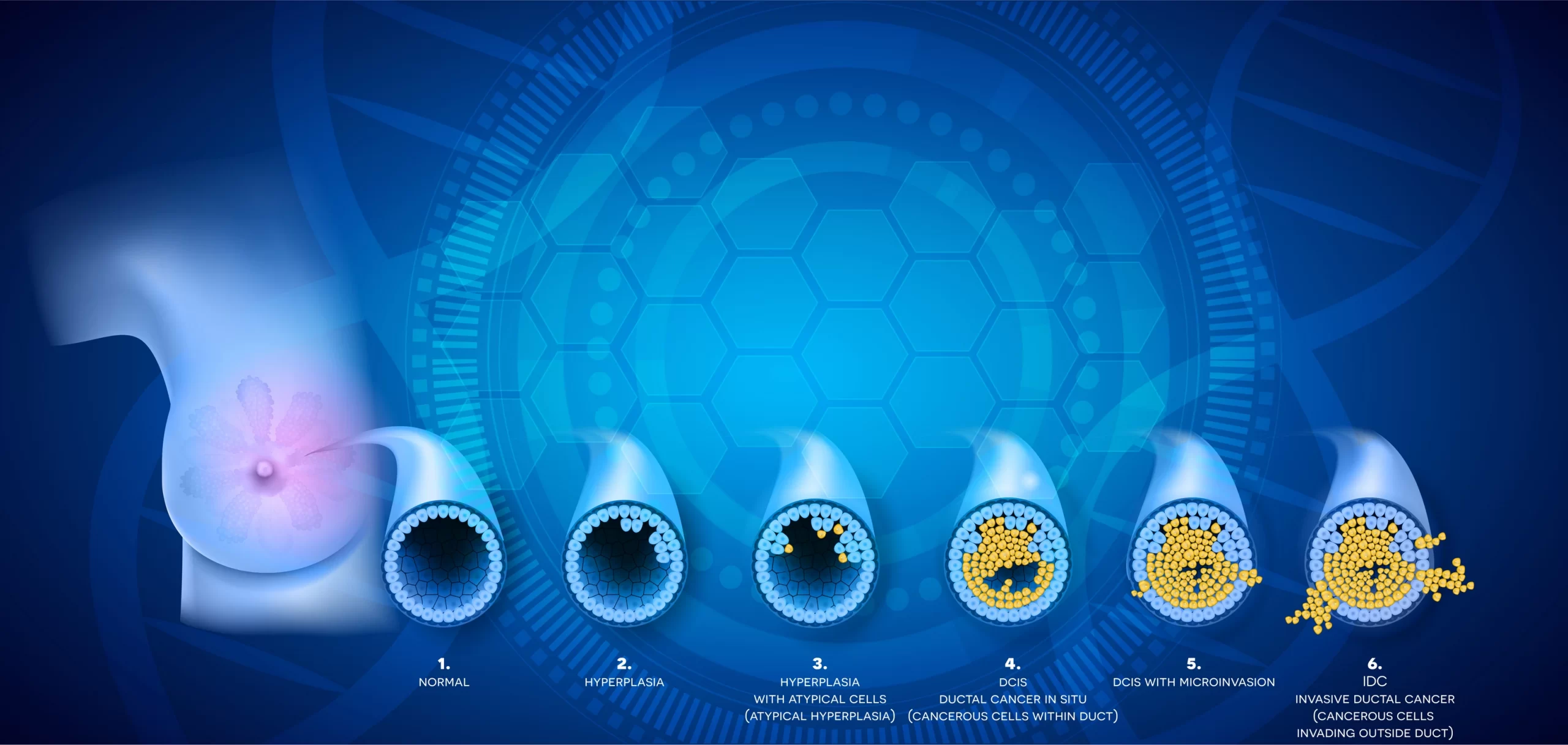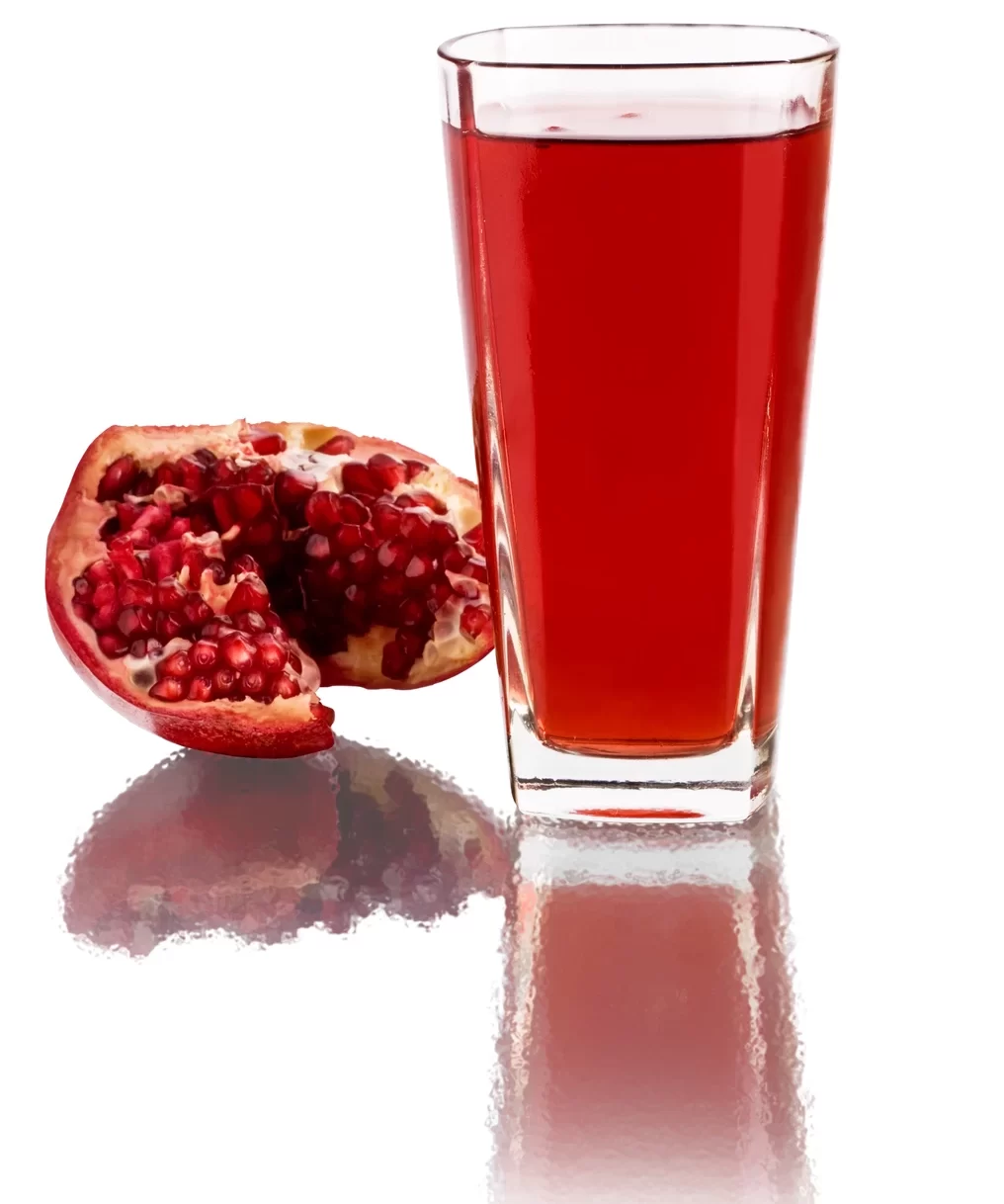The pomegranate, with its bright red color and sweet and sour pearls inside, has been at home in myths and legends for centuries. But what is really behind this fruit, which some say was the forbidden fruit from the Garden of Eden. Although I don’t think it was this fruit that our ancestors ate and thus began the sin that finally expelled them from paradise, I can well imagine that it contains more than just these legends that entwine around it.
The pomegranate, Latin Punica granatum, is a fruit native to western to central Asia. The harvest time is between September and December. It can be eaten dried and fresh, as juice, in sweet desserts or oriental dishes. It can be used in many ways. But even if you are not particularly addicted to its taste, it can be used well as a substitute for vinegar in salad dressings, etc.
The red shining skin and the red shining pulp already indicate to the observer how much this is loaded with antioxidants and secondary plant substances. These phytochemicals and especially the antioxidants, serve as a protection and immune booster for our body.

Several studies have already proven that the secondary plant compounds (especially ellagic acid and luteolin) are able to destroy cancer cells. Even with lung, skin, colon or prostate cancer, these small seeds can help, this showed clear animal experiments in the laboratory. The attention of scientists has been mainly focused on the effectiveness of pomegranate extracts against prostate cancer. The PSA (prostate specific antigen) level of the test subjects demonstrably decreased after only 18 months of research program, this is what the scientists from John Hopkins University in Baltimore, USA, found out with their tests.
The pomegranate contains specific ingredients that helped against metastasis in prostate cancer. This gave the scientists at the University of California Riverside reason to suspect that something similar might apply to breast cancer treatment.

Already a 1% solution (about 3 glasses of pomegranate juice) brought cancer cell growth (breast cell) to a halt. This effect is attributed to the increased gene expression, thus counteracting the metastatic processes. It prevents the tumor cells from spreading to the surrounding tissue.
With the 5% solution came the breakthrough in breast cancer research. With this amount of solution, cancer growth is not only stopped, but already existing cancer cells are killed. Furthermore, the positive effect on our cytokines could be observed.
Fakts:
The various cytokines are important regulatory proteins (peptides) in our body. They are crucial for our immune response and help us fight against inflammatory processes and metastasis.
Cytokines can be proinflammatory or they can be anti-inflammatory.
Pomegranates can also help fight these diseases and conditions: Obesity:
Elevated cholesterol
High blood pressure
Inflammation
Metabolic diseases
Digestive problems
Vascular calcifications
Cancer

Polyphenols (secondary plant compounds), which are strongly present in pomegranate, help not only against cancer and arthritis, but also against heart and immune deficiency. They have more polyphenols than red wine or blueberries. A study on heart disease, as well as a study on constricted carotid arteries, proved the effectiveness of this fruit. Already with an intake of 240 ml of pomegranate juice, the heart muscle blood flow increased significantly in people with heart disease. Also the deposits of the patients with narrowed carotid artery decreased after one year by up to 35%.
Blood pressure can be noticeably and significantly lowered by taking pomegranates. Drinking fresh pomegranate juice or eating the seeds has a positive effect on the digestive tract and helps regulate it. Regular consumption of the fruit, with its many antioxidants, is effective not only against the above-mentioned diseases, but also against inflammation in the whole body.
Side effects are rare but if they are, they occurred when the dosage is too high. In high doses, the pomegranate products can cause dizziness, blurred vision, tremors or increased blood pressure.
Studies and sources:
Granatapfelpolyphenole hemmen Prostatakrebs: Klinische und präklinische Daten über die Wirkung von Granatapfelpolyphenolen. Dr. med. Ludwig Manfred Jacob
Jacob LM: Granatapfelpolyphenole gegen Prostatakarzinom Deutsche Zeitschrift für Onkologie 2008; 40: 112–119
Adhami VM et. al., “Cancer Chemoprevention by Pomegranate: Laboratory and Clinical Evidence” Nutr Cancer. 2009 November; 61(6): 811815. (Granatapfel als Chemoprävention: Labortests und klinischer Nachweis)
Paller CJ et. al., “A randomized phase II study of pomegranate extract for men with rising PSA following initial therapy for localized prostate cancer” Prostate Cancer Prostatic Dis. 2012 Jun 12. (Randomisierte 2-Phasen-Studie von Granatapfelextrakt während Initialtherapie gegen Prostatakrebs bei Männern mit erhöhtem PSA)
Jeune MA et. al., “Anticancer activities of pomegranate extracts and genistein in human breast cancer cells” J Med Food. 2005 Winter;8(4):469-75. (Krebshemmende Aktivitäten von Granatapfelextrakt und Genistein in menschlichen Brustkrebszellen)




0 Comments